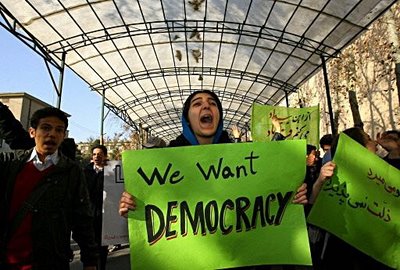A mining industry body today said Tony Abbott’s plan to cut under-30s off the dole to help the mining industry find skilled workers was “misguided”. The comment, by Queensland Resources Council director Michael Roche was reported by the ABC.
The ABC report missed the main story, running with a headline reporting a union leader saying that this was Abbott’s “Sarah Palin” moment. It’s barely news that a top unionist would criticise the Liberal leader, and the Sarah Palin comparison is nothing more than using her name as a swear-word. There’s nothing in common between Palin, a formerly obscure chancer who seized her opportunity to become a national right-wing figure in the USA, and Tony Abbott, who was already the leader of Australia’s conservative Establishment party, and who had everything to lose.
The story that a mining industry group thought Mr Abbott’s policy is a bad idea is clearly far more significant – if a Liberal leader can’t get the miners behind him, he’s in big trouble.
Meanwhile, Australia’s tame-cat union movement reminded people which side they’re on. Australian Council of Trade Unions Secretary Jeff Lawrence said Mr Abbott’s proposal was unlikely to make any difference to the labour market in the resources sector. Mr Lawrence said there were challenges for Australia in training new and existing workers, but these challenges required effective industry-driven responses, not simplistic fixes.
So what the ACTU said is that it knows better than the Liberals what the bosses want and need. Probably true, but rather revealing. The statement released by the ACTU had a few token references to support for low-paid workers, but the only formal campaign mentioned had nothing to do with agitation to increase wages, but was the National Resources Sector Employment Taskforce, which is suposed to develop solutions to skills shortages. The words “strike” and “industrial action” were not mentioned in the statement.
So there we have it. A nutjob Liberal leader who is no doubt just going to worry his party more and more, and a union movement which sees itself as a consultative member of the capitalist class.







Recent Comments